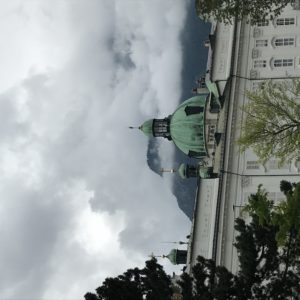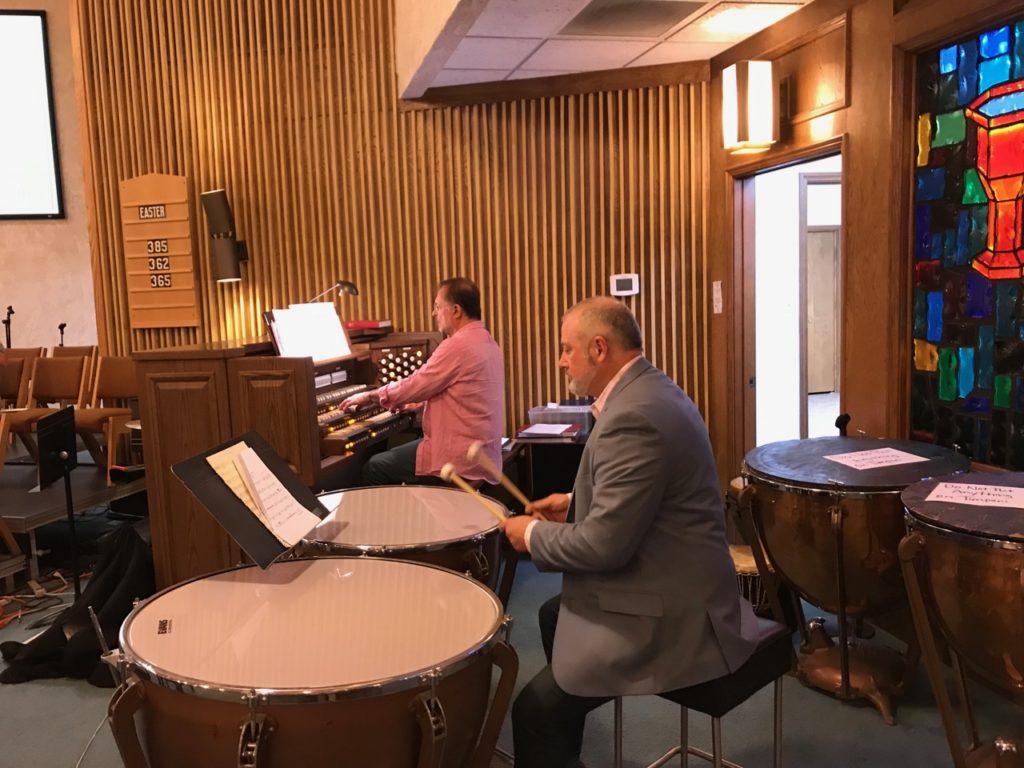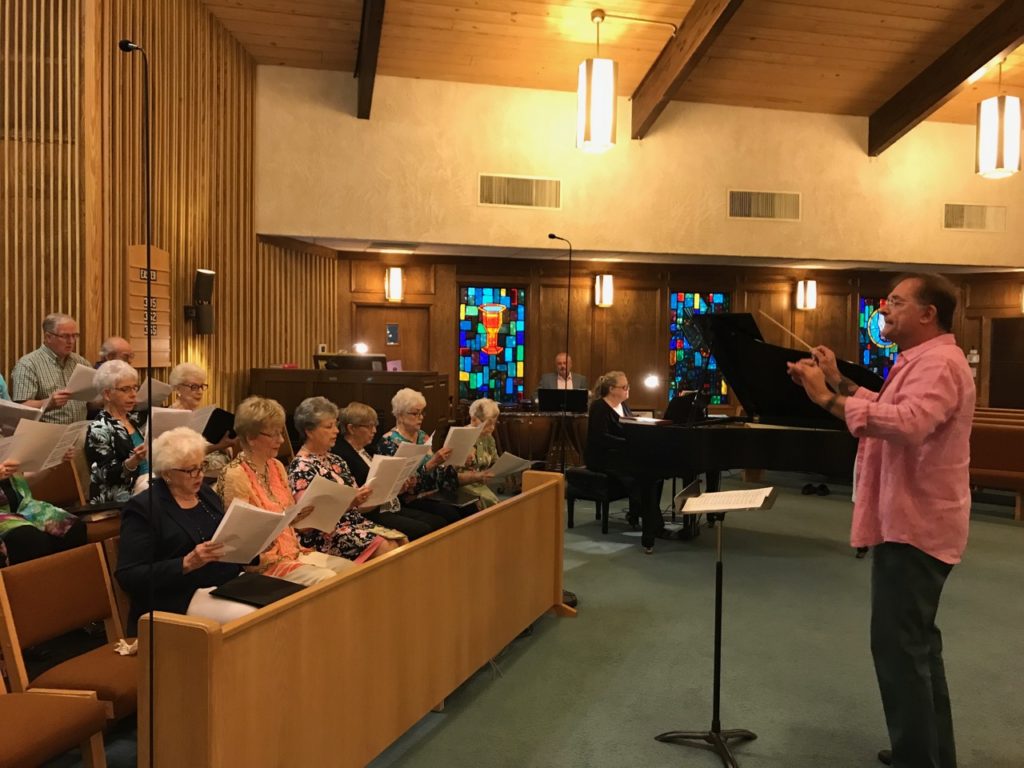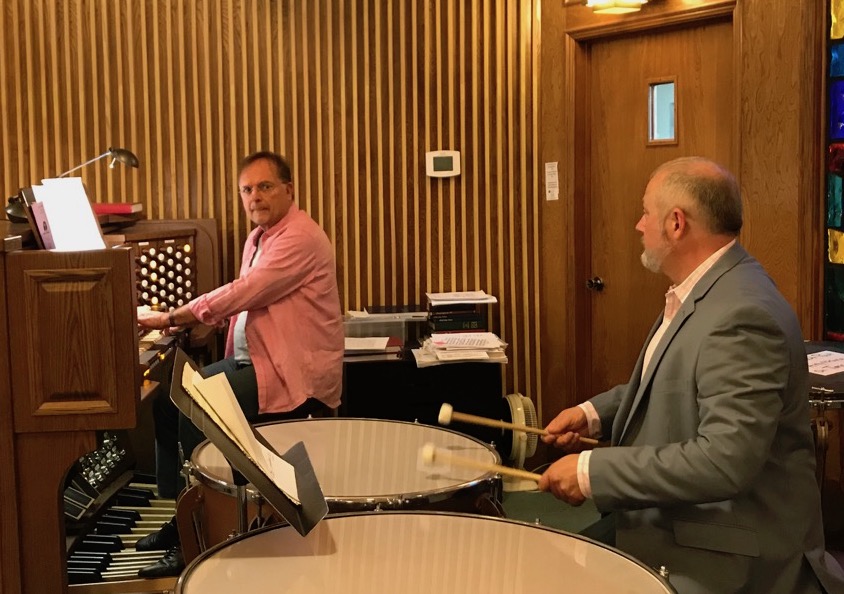I was moved to post this brief article from TCCTA:
Category: From the dean
What is the Liberal Arts Gateway?
Now that LA Gateway-designated courses are appearing in the course schedule, people are asking: What is the LA Gateway? Here’s the philosophical framework, distilled.
The Liberal Arts Gateway
Aspiration
The Liberal Arts can save civilization by equipping students to thrive in a pluralistic society through deep engagement in our disciplines.
Guiding Values
- Student centered course designs
- Equity and inclusion build into all facets of the course, from recruitment to materials and assignments and beyond
- Responsiveness to downpath stakeholders: What needs will our students face in next course, the degree plan, transfer institution/employer, career, family, community, and ultimately, The Good Life? Have those needs in mind when you build your course.
Five P’s of Intellectual Character
Build opportunities to practice these verbs into your course, talk about them explicitly, and model them every class period.
- Persevere: Don’t give up — in this assignment, in this course, in a conversation, in a line of inquiry, in the pursuit of truth, or in the work of saving civilization.
- Progress: Learn how to gauge progress for yourself — benchmarks, indicators, self-reflection, honesty (with yourself, above all). We stand on the shoulders of giants, but give yourself credit for climbing up there to have a look.
- Produce meaningful intellectual work — and challenge yourself to do better work every next time.
- Promote the fruits of your work to others — both as a courageous attempt to say something true and as an invitation to hear others critique your work.
- Perpetuate these traits, deepen them into habits of mind, and expand them to encompass more and more of your intellectual life.
A few course design suggestions
- Talk to your colleagues! This philosophical framework keeps us focused on student needs and the student experience, but saving civilization requires encountering the disciplinarity of our disciplines.
- Organize your course around a theme and meaningful questions
- Explicitly talk about a toolkit for your discipline
- Use (real) case studies
- Include at least one self-reflective assignment (a moment for students to step back and take stock of the transformative experience in your course)
Birthday greetings
Today is January 8, my birthday. While it’s customary to receive birthday greetings, this year I’m sending you a greeting. Indulge me.
Those of you who know that I’m a closet number theorist won’t be surprised at the observation that the number 108, the month and day of my birth, is the product of the first two primes each raised to the power of itself:
108 = 2^2*3^3
The fact that the fifth-grade me was enchanted by this discovery should tell you something about me. I’m still enchanted by the secret lives of numbers, by the way.
A birthday can be a moment of reflection, a sort of “state of life” self-assessment. I’m not one to waste heartbeats on regrets — there’s far too much to be done! — but I don’t mind investing a few heartbeats in gratitude.
I’m grateful for the many, many people who have made my life richer by sharing their excellences with me, and I’m grateful for all the people I don’t know who nevertheless enrich our lives through their work and inspiration and dreams. And failures. In my best moments, I cherish failure as a trusted friend — the kind who loves you enough not to lie.
I’m especially grateful for all the people who disagreed with me in matters large and small. I’ve grown far more with you in my life than I would have without you. You encouraged me to take a larger view and helped me see the smallness in my own perspective. Idolatry isn’t pretty, no matter where you find it (or how comfortable it may seem).
Nature distributes her gifts unevenly, and I am grateful for the gift of a temperament that is too naive to be afraid to try new things. As an early teen, Heinlein introduced me to Lazarus Long, who taught me that specialization is for insects — a sentiment that would make me an appropriate epitaph. Lazarus also taught me that one lifetime is not nearly enough. Later, Nietzsche’s Zarathustra would teach me that if one lifetime is enough, then there’s no one to blame but myself.
I’m grateful for the privilege of serving ACC as a philosopher, trouble-maker, department chair, dean of humanities and communications, and defender of the liberal arts. I’m grateful for the meandering path that led me to this point — even when I felt lost, and especially when I was lost. I feel a little like Odysseus — but not nearly as sad about being far from home.
LAHC Convocation 2019: The Liberal Arts Gateway
or
How to save civilization
A title like this prompts us to consider the end of civilization. I recently had a professor tell me that if his section were canceled, it would be the coming of the End of Civilization. My response was that I’d like to offer the section again in the 12-week session, thereby postponing the End of Civilization by a few weeks.
That’s not the End I have in mind.
Rather, I want to talk about the end of civilization in that other sense: end as telos, as in teleology. As in, What is civilization for?
Continue reading “LAHC Convocation 2019: The Liberal Arts Gateway”Leaving Innsbruck
I first heard Heinrich Isaak’s choral piece, Innsbruck, ich muß dich lassen, in a Renaissance music history course as an undergrad at Southwestern University. The piece (with the tune in the tenor voice) made me cry. I seem to recall telling my classmates that it was the saddest melody ever written.

Isaak lived from 1450 to 1517, which is roughly from Gutenberg’s invention of the printing press to Luther’s 95 Theses. Not too much is known about Isaak’s life, but we do have at least some of his music, and we have scattered references to his career, here and there. Isaak was so prolific, and so popular and influential in German-speaking lands, that a later writer even called him “Henricus Isaak Germanus.”
Continue reading “Leaving Innsbruck”A philosopher’s path
What do you tell yourself?
This past academic year, I faced a personal challenge, and in view of this challenge, a friend and colleague asked me a very interesting question: What do you tell yourself about all this? Walking the centuries-old Philosophenweg up the Heiligenberg in Heidelberg, I found myself thinking about this question again.

Education in the Shadows
If you teach at a community college, please take a moment to read this open letter to a composition teacher by Elaine Maimon, president of Governors State University.
Now let’s talk. This past Monday, I taught Plato’s Republic VII for the Free Minds Program. If you aren’t familiar with it, VII is where Plato gives us one of the most famous moments in all of Western philosophy, the Allegory of the Cave. As expected, I helped my students navigate technical issues, like what the various elements in “the story” correspond to, allegory-wise. But there was a moment in that exploration in which students started to see Plato’s point: Education is not about filling an empty but otherwise receptive container, but about “turning around,” the transformation of the student. The icing on the cake, so to speak, was when I wrote the word education on the board, and broke down the etymology: both “to train or mold” and “to lead out.”
Continue reading “Education in the Shadows”Expectations: a moral tale
When I was training as a psychotherapist, my supervisor (an M.D. psychoanalyst) told me an interesting tale: Researchers had a group of psychoanalysts and psychiatrists review histories and perform diagnostic interviews for every member of the first-year class at a famous medical school. They rendered a diagnosis, where appropriate, and noted the prognosis. Researchers followed these students for 15 or 20 years, to see how accurate the evaluations had been. The result? Guess!
The prognoses were uniformly pessimistic. The students were better adjusted than expected, both as a group (meaning, the percentage of correct diagnoses and prognoses was lower than assessed) but also individually (meaning, severity of dysfunction was generally lower). In other words, both the group and the individual people turned out better than expected, over all.
Continue reading “Expectations: a moral tale”Easter Weekend
Have you even wondered what deans do on Easter Weekend? Wonder no more.

Yesterday, Tom Nevill (of ADM fame) joined me at Christ Lutheran Church to make music for Easter worship services. You may not know this, but Tom is an ace timpanist — his DMA is in percussion. So, Tom joined me on Christ Lutheran’s new custom German Baroque organ, built Ken Mowell (who put up with my obsessive attention to details like which Krumhorn we should include on the Positiv, the absolute need for both north and south German baroque principals in 8′ and 4′, and how the speakers for the reeds should be installed in the chamber. That’s all organist-speak, incidentally.)
We hit the ground — joined by JayNee Nutting at the piano — with a nifty (and majestic) setting of Thine is the Glory, which you may know from a hymnal. Or if you’re a Handel freak, you’d recognize it from his oratorio, Judas Maccabeus.
From there, we did what any musicians would do for Easter, the Hallelujah Chorus from Handel’s Messiah. (Yes, it was a big day, but we knew we could handle it. That’s handle it—get it?)

As the postlude, Tom and I turned away from Handel and did the Fanfares from Mouret’s suite in D major. You might know that Mouret tune from Masterpiece Theater — it was the theme music.

Except that I played the string and trumpet parts on the organ, and Tom played the timpani part on the timpani. We decided that would be easier than playing the trumpet part on the timpani, mainly because the organ doesn’t sound like drums.
So, now you know. That’s the sort of thing deans get up to when you turn them loose on Easter.
Thanks, Tom — that was a blast!
The duality of dual credit
In the Florentine Codex, the Mexica refer to the highest level of heaven as Ōmeyōcān, which I translate as “locus of duality.” (In case you’re wondering, this is residue from my sabbatical years ago, in which I studied the poetry and philosophy of the Mexica, whom we call the Aztecs. I get this translation from ōme = two + yō = a substantive-maker (sort of like the German -heit) and cān = location or place.) This highest heavenly level — the thirteenth, to be exact — was so far beyond our imagination that we cannot conceive of it, yet it is the source of the being of the cosmos.
That explains a lot about dual credit.
Continue reading “The duality of dual credit”